Every year, WIP’s director is invited to classes and programs across campus to give talks and lead workshops on writing, writing pedagogy, and productivity. In addition, WIP’s director typically leads a workshop in partnership with the Center for Teaching and Learning each February as part of Write@UGA.
WIP would be delighted to lead a workshop on a writing-related topic with your faculty, graduate/professional students, undergraduate students, or program. Here is a list of topics WIP’s director has been asked to present on. If a topic of interest does not appear below, please don’t hesitate to reach out to discuss further:
- Writing Productivity
- Polished Writing: From Process to Proofreading
- Writing Pedagogy for Large Classes
- Writing Assignment Design
- Writing-Intensive Course Development
- Responding to Student Writing
- Reflective Writing
If you are interested in a workshop for your students, department, or program in or beyond the University of Georgia, please email Lindsey Harding ([email protected]).
Below, please find a complete listing of workshops and talks.

Participants will
- Describe writing as a process and distinguish between different stages of the process (e.g., revising vs. editing).
- Explain error in the context of writing and grammar instruction.
- Identify common heuristics and guiding questions for using punctuation effectively (e.g., commas, semicolons, colons, hyphens, and apostrophes).
- Apply knowledge of grammar-related practices to analyze their own writing and develop tools to assist with editing and proofreading.
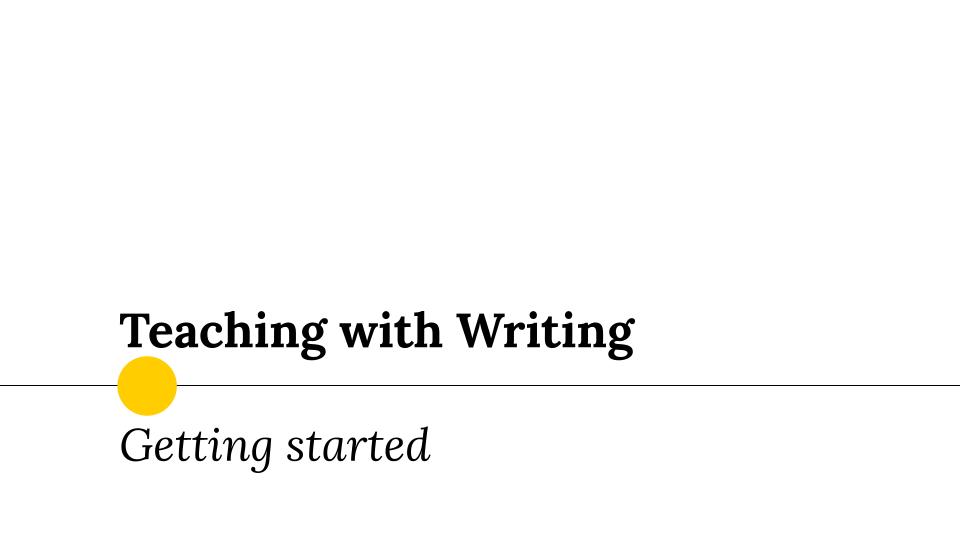
Workshop outline:
- Yes, students can write! [myths and reasons]
- Writing assignment design [and the complexity of literacy tasks]
- Feedback exploration [best practices & types]
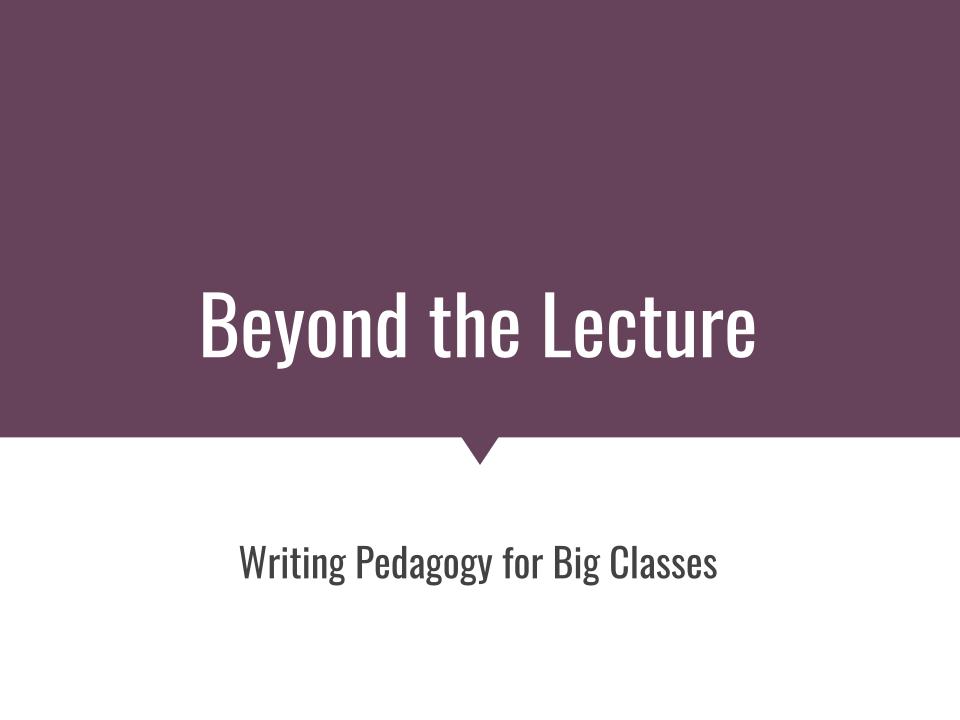
Outline:
- Intro to a Writing-Intensive Pedagogy
- Advantages of a Writing-Intensive Pedagogy
- Challenges of a Writing-Intensive Pedagogy
- Assigning Writing (in Big Classes)
- Teaching Writing (in Big Classes)
- Assessing Writing (in Big Classes)
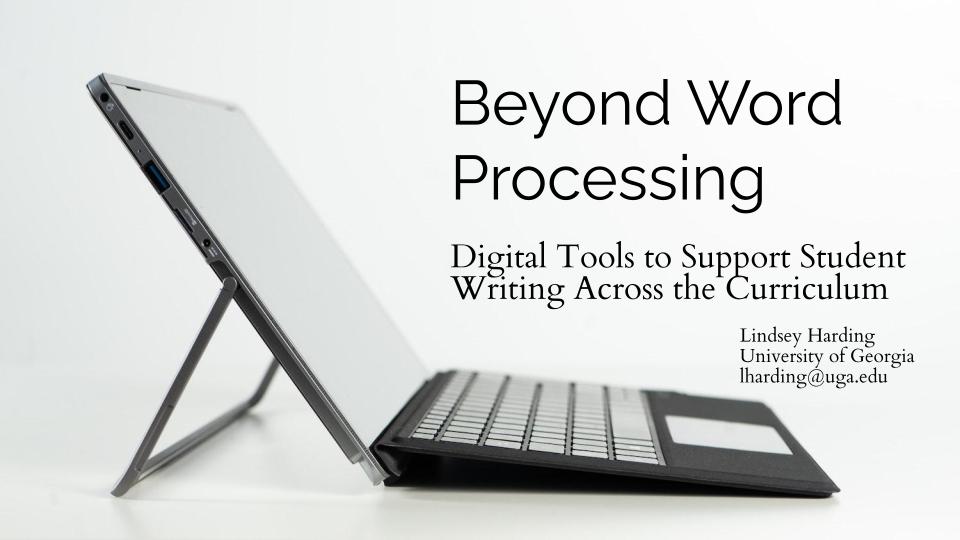
In this hybrid session, we’ll explore a trio of digital tools to support students in writing-intensive classes across the curriculum. Each tool offers to help students in a different role they may take on as they engage in writing projects. First, we’ll look at a tool that supports students as readers: Perusall. This tool promotes active student engagement in reading and encourages written exchanges about a text in the margin of the text itself. Then, we’ll look at Reclaim Hosting, a tool that supports students as digital writers by providing them with a low-cost url, website hosting, and plenty of resources to help them build WordPress websites, e-portfolios, and more. Finally, we’ll look at how the discussion tool in an LMS can support students as peer reviewers, providing them with a platform to share their work, view prompts, assemble into groups, and respond to the feedback they receive. During the Zoom meeting, we will discuss applications of these tools across the curriculum and in particular class/project environments. As well, participants will be encouraged to share other tools they use to support student writers, and we will discuss strategies for balancing the affordances of a tool with the potential challenges of implementation.
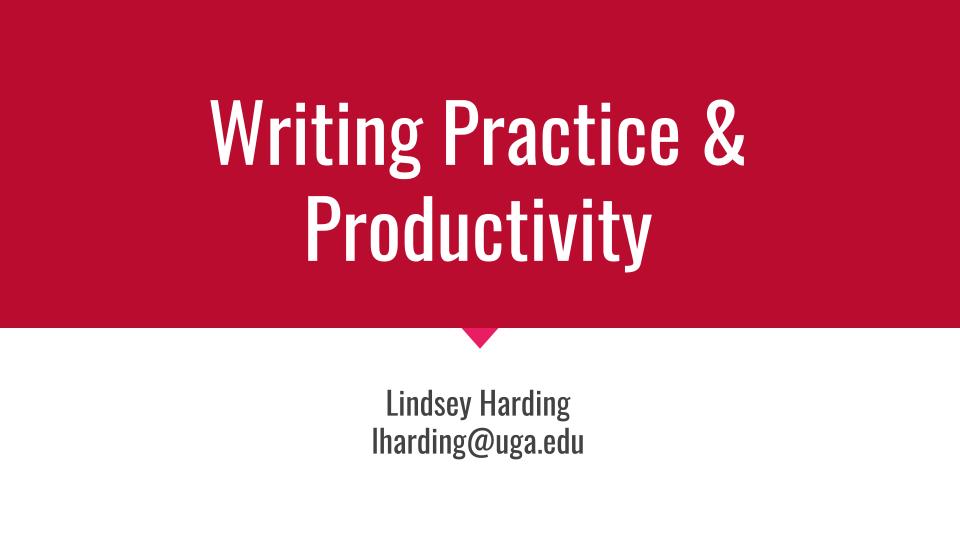
Outline:
- Who are you as a writer?
- Writing and emotions
- What successful academic writers do
- Plan to be a better writer
- Support your writing

Good news: assigning and responding to student writing does not have to overtax instructor time and workload. In this workshop, participants will learn, discuss, practice, and develop strategies for responding to student writing, such as comments, rubrics, peer review, and models. We will consider formative and summative assessment practices for various projects, classes, and student populations—from undergraduate students in introductory courses to graduate students working on their dissertations. Participants will also explore ways to encourage students to engage with the feedback they receive through revision plans, cover letters, dialogue with peers and instructors, and reflection. By the end of the workshop, instructors will have a robust toolkit of strategies for effective and efficient response to student writing.
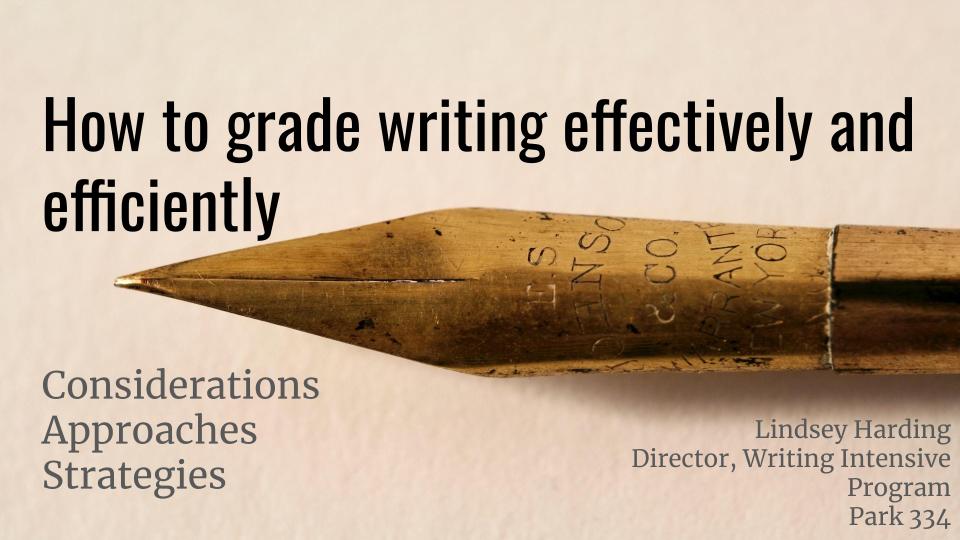
Approaches to grading—
- Accessible grading
- Contract grading
- Ungrading
Principles and practices for responding to student writing
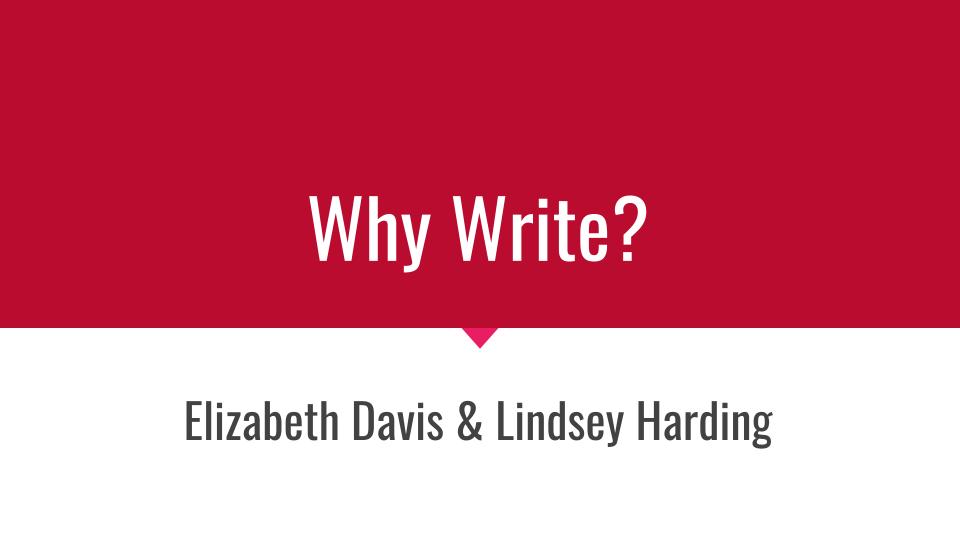
Overview:
- Public Intellectuals/Intellectual Publics
- Guided Literacy Analysis
- Writing and Emotions
- Becoming a Writer
- How do I get there?
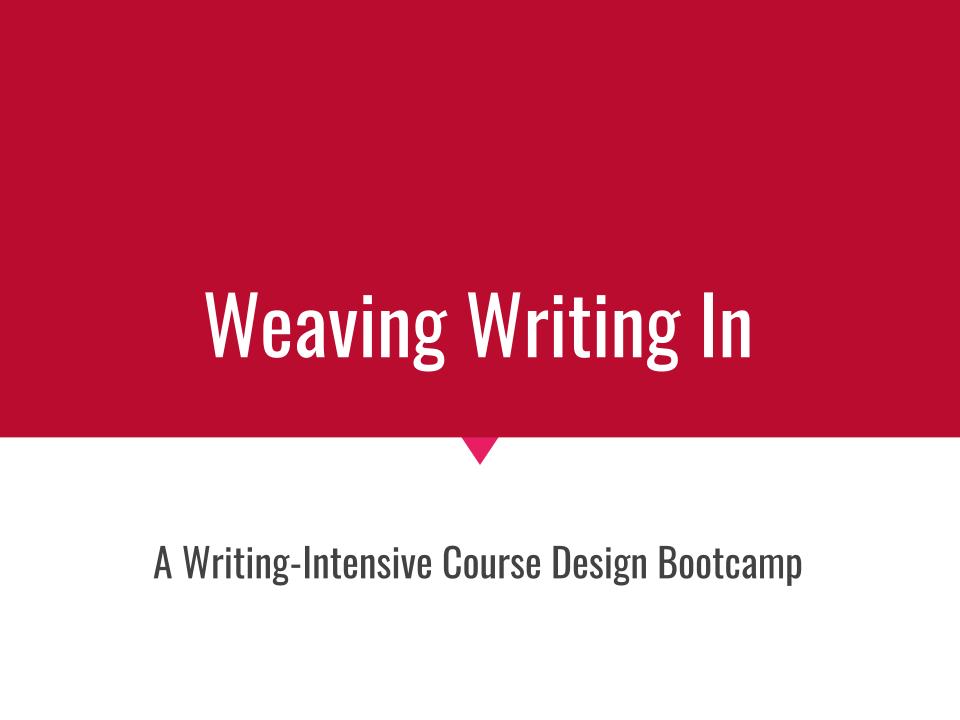
This two-hour workshop will provide faculty with resources, strategies, and templates for integrating writing into discipline-specific courses to improve student learning, writing, and engagement. Participants will learn research-based principles for teaching writing in the disciplines and best practices for effectively assigning and assessing writing without overburdening faculty workload. In collaboration with other faculty, participants will have the opportunity to revise existing writing-intensive courses or develop new writing-intensive courses for their programs. Participants will also learn about the Writing Intensive Program, the Writing Fellows Program, and other sources of support for faculty teaching writing in the disciplines. At the end of the session, Franklin College participants should be prepared to submit a course proposal for the Writing Intensive Program 2022-2023, and all participants will leave the workshop with plans for a new or improved writing-intensive course.

Outline:
- Prior knowledge & experiences
- What scholars say
- Reflection vs. metacognition vs. mindfulness
- Reflection in a digital portfolio
- Applying reflective practices